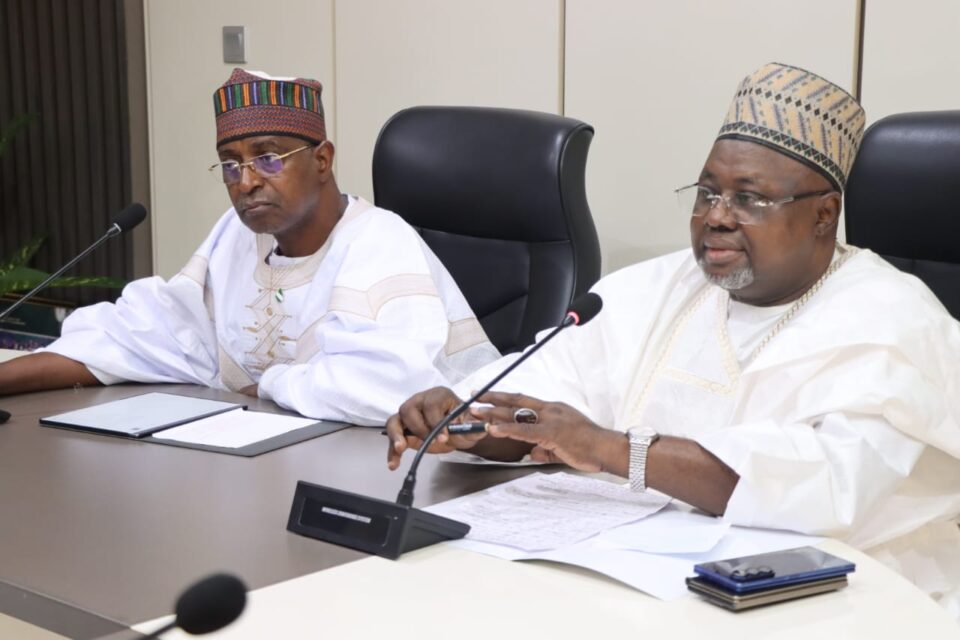l
The Honourable Minister of Livestock Development, Idi Mukhtar Maiha, Friday, received the Deputy Governor of Kebbi State, Senator Umar Abubakar Tafida, who led the Central Planning Committee of the 2026 Argungu International Fishing Festival on a courtesy visit to the Ministry in Abuja.
The engagement marked the Ministry’s formal alignment with preparations for the 61st edition of the Argungu Festival, scheduled for February 11th–14th, 2026.
Speaking during the visit, the Deputy Governor highlighted the cultural and economic significance of the festival, noting that this year’s event will feature an expanded agricultural trade fair.
He said, “The Argungu Festival remains one of Nigeria’s greatest cultural assets, and the 2026 edition will further showcase the strength of our fisheries, livestock and agricultural value chains.”
The Deputy Governor also acknowledged the Ministry’s previous interventions in Kebbi State, adding, “We appreciate the Ministry for its support in areas such as improving abattoirs, recovering stolen livestock and strengthening primary healthcare facilities in our communities.”
In his response, the Honourable Minister affirmed the Ministry’s full readiness to participate in the festival, particularly through its departments and agencies.
Mukhtar described the Argungu Festival as a national platform that advances cultural heritage, agribusiness visibility and rural economic development.
“The Argungu Festival is more than a competition; it is a celebration of our people, our resources and the ingenuity that drives Nigeria’s agricultural heritage,” he said.
The Minister also commended Kebbi State for establishing its own Ministry of Livestock Development, noting that it aligns with President Bola Ahmed Tinubu’s sectoral reforms.
“Kebbi State has shown leadership by creating a dedicated livestock ministry. It speaks to a shared vision for modernising our livestock sector and strengthening food security,” he stated.
He further pledged enhanced collaboration with Kebbi State, emphasising readiness to work in strategic areas such as feed and fodder development, animal health and disease control, and genetic improvement of indigenous breeds.

